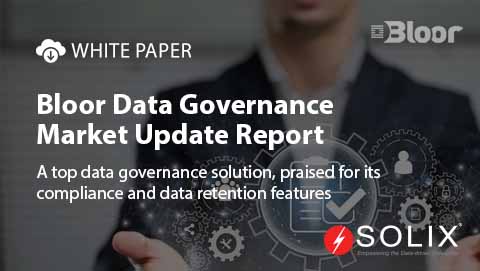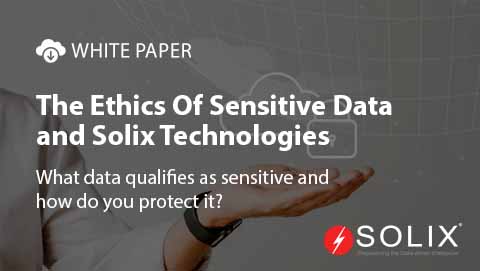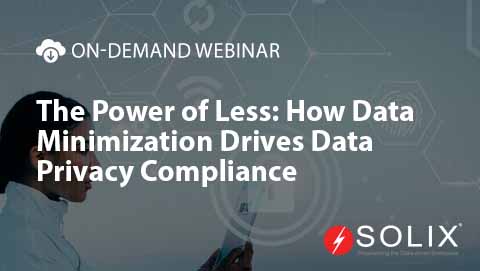Why Is Data Governance Important
We live in a tech fueled ever expanding globe, the importance of data governance cannot be overstated. Data governance refers to the overall management of the availability, usability, integrity, and security of data within an organization. It involves defining processes, policies, and responsibilities to ensure that data is accurate, consistent, and secure.
What is why is data governance important and why does it matter? Data governance is crucial for several reasons. Firstly, it helps organizations maintain data quality and integrity, ensuring that decisions are based on reliable information. Data governance also plays a key role in compliance with regulations and standards, protecting sensitive data and mitigating risks.
Furthermore, effective data governance enhances data security, reducing the likelihood of data breaches and unauthorized access. It also improves operational efficiency by streamlining data processes and promoting collaboration across departments.
A real-world scenario: transforming why is data governance important for success. Imagine for a second your in a scenario where Acme Corporation, a global leader in technology solutions, is struggling to manage and secure its vast amount of data. Without a robust data governance framework in place, Acme is facing challenges related to data quality, compliance, and security.
By implementing Solix Email Archiving Solution, Acme Corporation was able to establish comprehensive data policies and standards, maintain high data quality, and enhance data security and compliance. Solix’s approach to data governance helped Acme streamline data processes, improve decision-making, and ultimately drive business success.
How Solix saves money and time on why is data governance important. Solix Technologies offers a range of solutions designed to help organizations manage their data effectively and achieve why is data governance important. Their data governance framework includes components such as data policies and standards, data quality management, metadata management, data security, and compliance, and data lifecycle management. By integrating these components, Solix enables organizations to derive maximum value from their data while minimizing associated risks.
Cost savings from legacy application decommissioning can be significant with Solix’s solutions. By decommissioning inactive applications and implementing database archiving, file archiving, and enterprise data lake solutions, organizations can reduce infrastructure costs, improve application performance, and ensure compliance through information lifecycle management (ILM) policies.
Key synergies between data lakes, enterprise AI, and governance. Data lakes are central to enterprise AI initiatives, serving as the primary source for training AI models. Proper governance of data lakes is essential to ensure usability, security, and compliance. By integrating governance frameworks with data lakes and enterprise AI, organizations can achieve end-to-end visibility, scalability, and flexibility in their data management practices.
Wind-up, data governance is a critical aspect of modern business operations. Solix’s comprehensive data governance solutions offer organizations the tools and capabilities they need to effectively manage their data, ensure compliance, and drive business success. By leveraging Solix’s expertise and technology, companies can save time and money, improve decision-making, and mitigate risks associated with data governance.
Enter your information on the right to learn more and have a chance to win $100!




